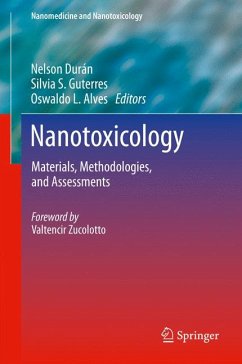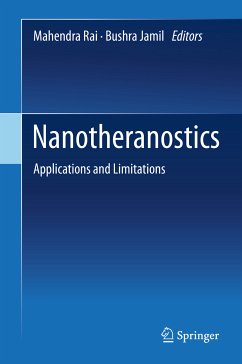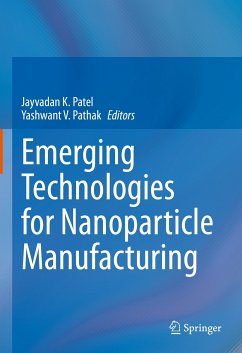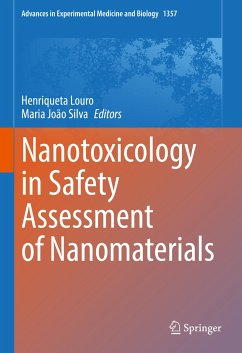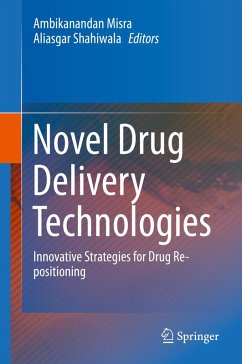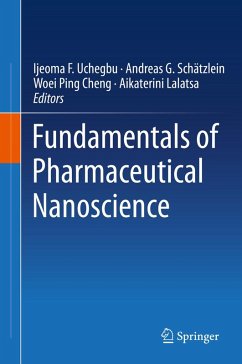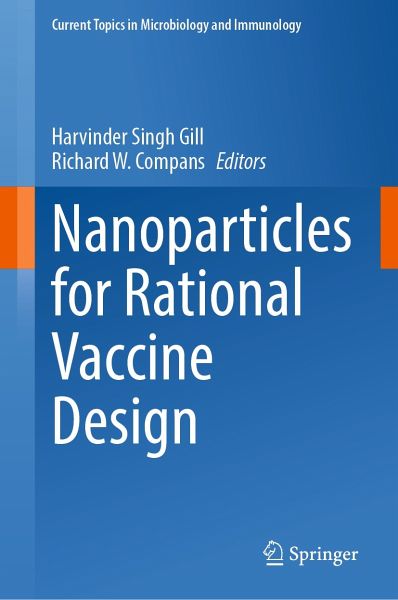
Nanoparticles for Rational Vaccine Design (eBook, PDF)
Versandkostenfrei!
Sofort per Download lieferbar
72,95 €
inkl. MwSt.
Weitere Ausgaben:

PAYBACK Punkte
36 °P sammeln!
This book introduces nanoparticles as a powerful platform for vaccine design. Current challenges in vaccine development are discussed and the unique advantages nanoparticles provide in overcoming these challenges are explored. The authors offer fascinating insights into the immunological assets of using nanoparticles as delivery vehicles or adjuvants and present different materials that are being used in nanoparticle-based vaccine development, covering peptides, proteins, polymers, virus-like particles, and liposomes.Its contemporary research insights and practical examples for applications ma...
This book introduces nanoparticles as a powerful platform for vaccine design. Current challenges in vaccine development are discussed and the unique advantages nanoparticles provide in overcoming these challenges are explored. The authors offer fascinating insights into the immunological assets of using nanoparticles as delivery vehicles or adjuvants and present different materials that are being used in nanoparticle-based vaccine development, covering peptides, proteins, polymers, virus-like particles, and liposomes.
Its contemporary research insights and practical examples for applications make this volume an inspiring read for researchers and clinicians in vaccinology and immunology.
Chapter "Liposome Formulations as Adjuvants for Vaccines" is available open access under a Creative Commons Attribution 4.0 International License via link.springer.com.
Its contemporary research insights and practical examples for applications make this volume an inspiring read for researchers and clinicians in vaccinology and immunology.
Chapter "Liposome Formulations as Adjuvants for Vaccines" is available open access under a Creative Commons Attribution 4.0 International License via link.springer.com.
Dieser Download kann aus rechtlichen Gründen nur mit Rechnungsadresse in A, B, BG, CY, CZ, D, DK, EW, E, FIN, F, GR, HR, H, IRL, I, LT, L, LR, M, NL, PL, P, R, S, SLO, SK ausgeliefert werden.



